China's ambassador to Washington said the country would definitely respond if the US continued to impose further restrictions on the semiconductor sector.
Accordingly, Ambassador Xie Feng said China is not afraid of competition but needs a fair game not unilaterally set by the US. Currently, Beijing is banned by Washington from importing advanced chip foundry equipment.
In addition, the White House is considering imposing additional foreign investment review mechanisms and AI chip restrictions on China.

The Biden administration is in the final stages of issuing an executive order that would limit certain types of foreign investments, such as advanced semiconductors, quantum computing and artificial intelligence.
A similar bill was previously submitted to the National Assembly in 2021 but failed to pass. According to Reuters, the new proposal requires notification of some overseas investments instead of considering banning certain transactions and has a narrower scope.
“China will definitely react. We do not want a technology war or an iron curtain between the two sides,” Xie Feng said in a statement.
In May, China's cybersecurity agency announced that US chipmaker Micron Technology failed a security assessment, banning domestic critical infrastructure operators from using the brand's products.
In early July, US Treasury Secretary Janet Yellen made a four-day visit to China, meeting with many senior Beijing officials, including Premier Li Qiang and Pan Gongsheng, party secretary of China's central bank.
During the visit, the US finance chief took a flexible stance when he reaffirmed that Washington did not seek to isolate the world's second largest economy , saying "that would be a disaster for both and would make the world unstable".
But within the United States, bipartisan lawmakers are proposing to empower the government to block billions of dollars in investment flowing into the mainland. Lawmakers aim to complete the legal process for the new order by early September.
As for export restrictions, Yellen asserted that any new investment regulations (if any) would be “highly targeted, clearly oriented, narrowly focused on specific areas of national security concern” to avoid unintended consequences.
(According to Reuters)
Source



![[Photo] Students of Binh Minh Primary School enjoy the full moon festival, receiving the joys of childhood](https://vphoto.vietnam.vn/thumb/1200x675/vietnam/resource/IMAGE/2025/10/3/8cf8abef22fe4471be400a818912cb85)
![[Photo] Prime Minister Pham Minh Chinh chairs meeting to deploy overcoming consequences of storm No. 10](https://vphoto.vietnam.vn/thumb/1200x675/vietnam/resource/IMAGE/2025/10/3/544f420dcc844463898fcbef46247d16)



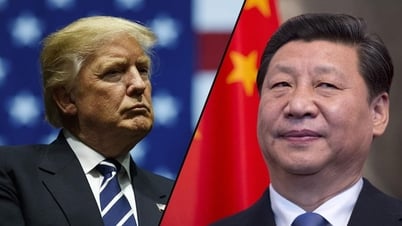
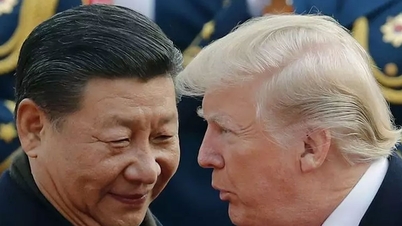













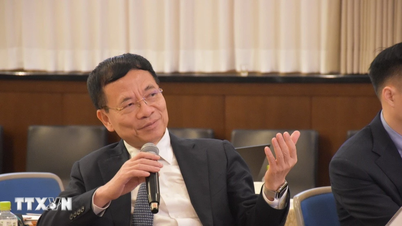

























































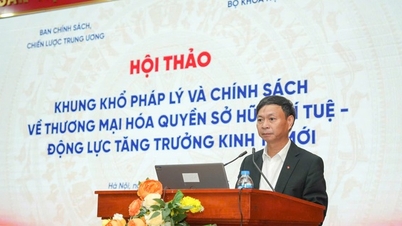


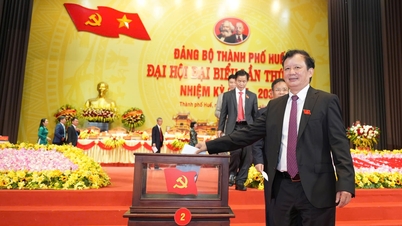


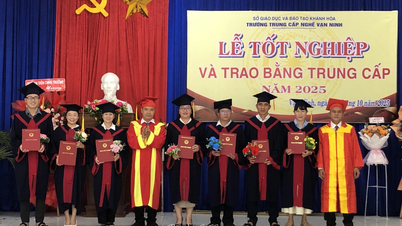



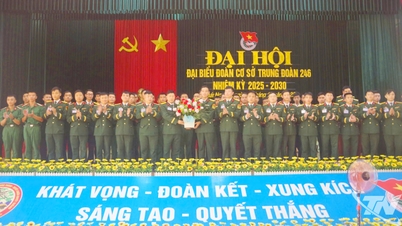













Comment (0)